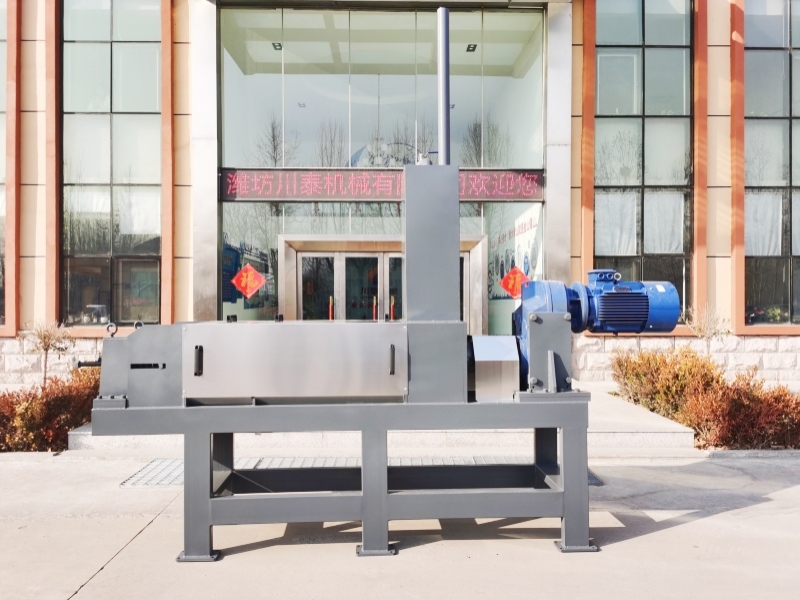
In the pursuit of sustainable and eco-friendly practices, finding innovative ways to manage organic waste has become paramount. Cow dung, a common agricultural byproduct, has long been considered a nuisance to farmers. However, modern technology has given rise to cow dung dewatering equipment, enabling the conversion of this waste into a valuable resource.
The Need for Cow Dung Dewatering:
Cow dung, rich in nutrients and organic matter, can be a valuable source of fertilizer and biogas production. However, its high moisture content makes it challenging to handle, transport, and utilize effectively. This is where cow dung dewatering equipment comes into play.
How Cow Dung Dewatering Equipment Works:
Cow dung dewatering equipment employs a mechanical process to separate the liquid and solid components of cow dung. The process typically involves the following steps:
Collection: Fresh cow dung is collected from farms or dairy facilities.
Mixing: The collected cow dung is mixed with a coagulant or flocculant to aid in solid-liquid separation.
Dewatering: The mixture is fed into the dewatering equipment, which utilizes mechanical pressure or centrifugal force to squeeze out the liquid portion. This can be accomplished using screw presses, hydraulic presses, or other specialized machines.
Solid Collection: The separated solid cow dung, now with reduced moisture content, can be easily collected and further processed.
Liquid Management: The liquid portion, often referred to as effluent or leachate, can be treated to minimize environmental impact before disposal or utilized for other purposes.
Benefits of Cow Dung Dewatering Equipment:
Resource Utilization: Dewatered cow dung can be used as organic fertilizer, reducing the need for chemical fertilizers and enhancing soil health.
Biogas Production: The solid portion can be used as a feedstock for biogas production, generating renewable energy.
Reduced Environmental Impact: Properly managing cow dung reduces the risk of water pollution and greenhouse gas emissions.
Ease of Handling: Dewatered cow dung is easier to transport and store, making it a more practical option for farmers.
Conclusion:
Cow dung dewatering equipment has emerged as a crucial tool in converting a previously troublesome waste product into valuable resources for agriculture and renewable energy production. Its adoption not only benefits farmers but also contributes to sustainable farming practices and environmental preservation. As technology continues to advance, these systems are expected to become even more efficient and accessible, further promoting the circular economy and responsible waste management.




If your company wants to establish a business relationship with us, please briefly describe the cooperation intention and send an email to:chuantaiscrewpress@gmail.com























































































![[list:title]](/static/upload/image/20240528/1716877114510915.jpg)